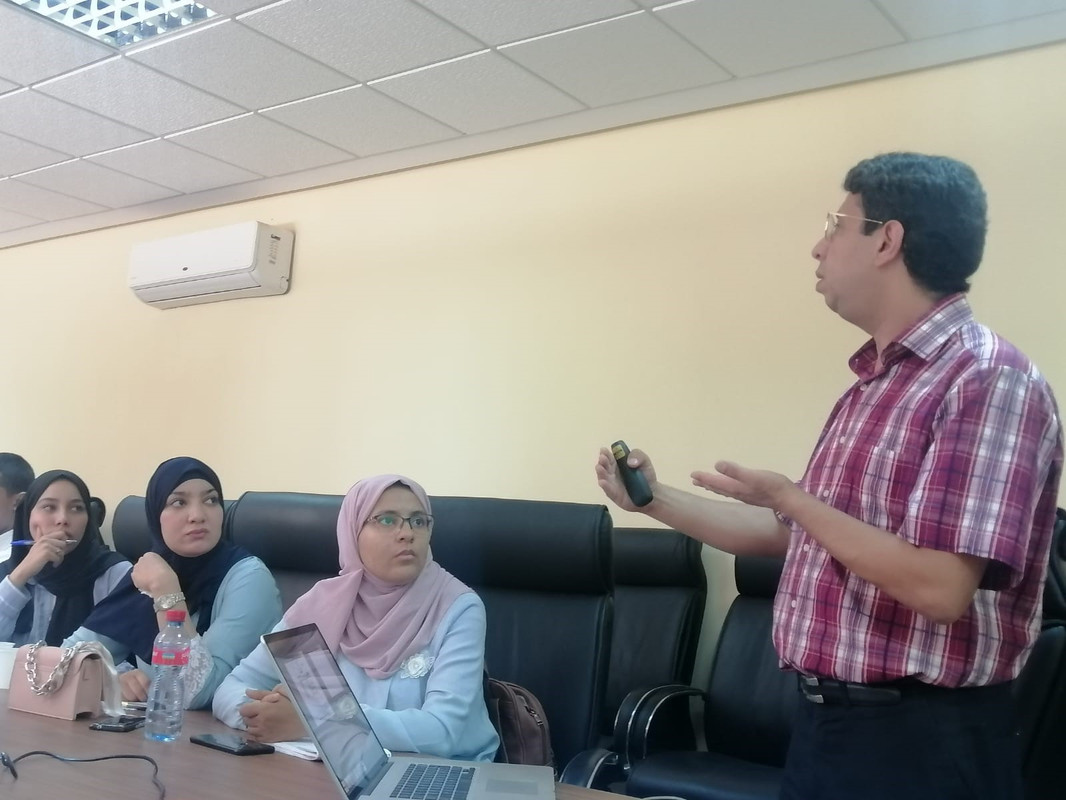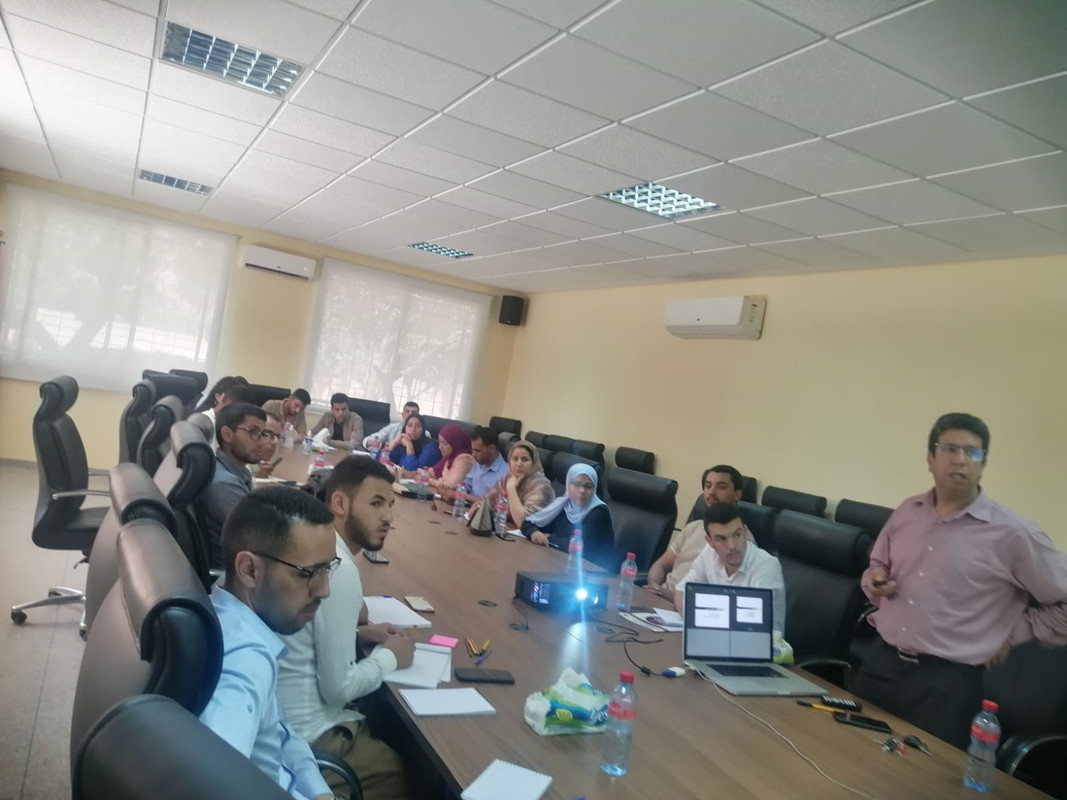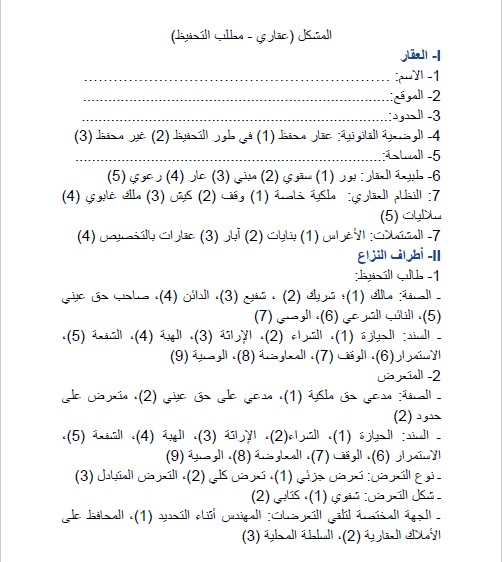By: Youssef Mazdou, Program Assistant
Venue: Annex to the Faculty of Law in Marrakech.
The training courses, which are provided by the High Atlas Foundation, continue within the framework of the legal clinic project, in coordination with the University of Cadi Ayyad – Faculty of Legal, Economic and Social Sciences in Marrakech, the Association of the Legal Clinic for Studies and Research, and with the support of the National Endowment for Democracy. The activities of the training course on how to prepare a form were organized on Thursday, June 23, 2022, at the annex of the Faculty of Law in Marrakech, under the supervision of Dr. Mohamed Lamsaadi, Professor of Public Law at Cadi Ayyad University, according to previously drawn strategies.

Picture of the Prof. Mohamed Lamsaadi
Given the importance that the form plays in studying legal, social and psychological phenomena, and because it is a simple method for collecting information for the target group of respondents, and given the role that the legal clinic in Marrakech will play in enhancing legal information for the local population in the Marrakech-Safi region, the ideal objective of this course on completing the form is how to enable students to gain information about the respondents or the persons to whom legal advice or assistance is to be provided.
Accordingly, it is understood that the form’s set of various questions—submitted directly or indirectly, via email or through social networking sites—enables the clinician to study the particular situation of the person seeking legal advice or assistance. As a result, the answers provide information that leads to solutions and appropriate advice for the problem at hand.

Prof. Mohamed Lamsadi with the students of the legal clinic
This course focused on the most important basics that must be included in each form, as follows:
- Content of the questions: It should focus on ensuring that the content of the statements or questions that will be asked is applicable to all target groups of the samples, as the content of the questions represents an adequate answer to achieve the purpose.
- Number of questions: There are different methods of writing questions, either direct or indirect. Indirect questions are questions that need analysis and conclusion to obtain specific information about the questioner to be provided with advice or legal assistance.
The questions may include factual questions: the student asks, for example, about the familial status of the interrogator.
They may be opinion questions: They are questions in which the questioner is asked to express his opinion on the issue at hand, and accordingly, the number of questions should not be stressful for the client’s (or respondent’s) psyche.
- Formulation of Questions: In formulating questions, the student must use phrases and vocabulary that carry simple language and are close to the respondents in their daily lives.
- The order of the questions: It is necessary to start with the questions that create familiarity between the interrogator and the interrogated, and then move on to the critical questions (such as income, for example…).
- Interrogation method: The content of the question should center around the problem of the case in order to gain the desired answer from the sample groups of the respondents.
The phases of the formative session did not stop here, but rather included an applied exercise through it and in a participatory and collective manner among the students of the legal clinic. An appropriate form was prepared that includes two sections of questions, the first for real estate and the second for the parties to a conflict, and the same will be for all the calamities and issues presented that students will have to deal with (family, criminal, and other cases) in the future.

copy of the form in the training session
In conclusion, the training course on developing an intake form for legal clinicians to use in collecting information on respondents helped the students to develop their skills for providing legal advice and assistance to the Marrakech-Safi local population.
